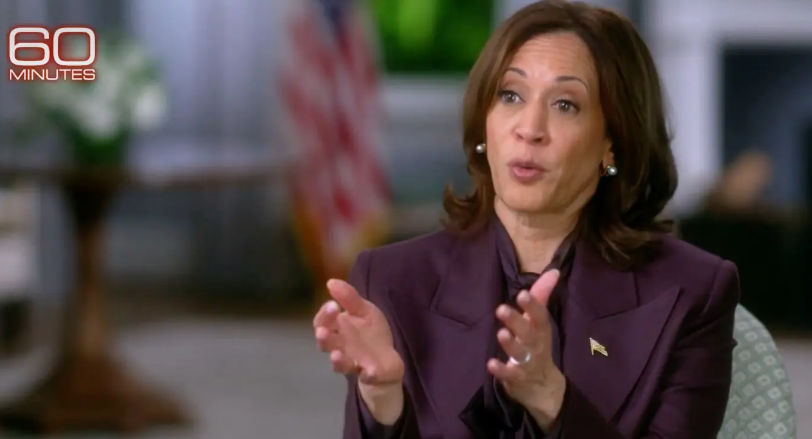This image released by Warner Bros. Entertainment shows Leslie Bibb, top center, Chikako Fukuyama, from bottom left, Nicholas Hoult, Adrienne C. Moore, J.K. Simmons, Drew Scheid, and Hedy Nasser in a scene from Juror #2.Claire Folger/The Associated Press
Juror #2
Directed by Clint Eastwood
Written by Jonathan Abrams
Starring Nicholas Hoult, Toni Collette, Chris Messina, Gabriel Basso, Zoey Deutch, Cedric Yarbrough, Leslie Bibb and Kiefer Sutherland
Classification 14A; 114 minutes
Critic’s Pick
Clint Eastwood is still making movies at 94. That’s amazing. What’s more shocking is that Juror #2 is not just pretty good but arguably the Unforgiven director’s most satisfying work in well over a decade.
The absorbing courtroom drama is about a juror who finds himself in a position to acquit a man wrongfully charged with manslaughter, though doing so would mean admitting his own guilt. It’s a premise that can only come from Hollywood. So much of Juror #2 stretches believability. But that doesn’t take away from the case the movie makes about due process, its fallibility and those moral quagmires revolving around justice where Eastwood often finds himself at his cynical best.
Eastwood can be a polarizing figure. How you assess the quality of his work can depend on how much you care about details. As a director, Eastwood is known to disregard rehearsals, shoot fast and let a first take end up in final cuts. You have to overlook some of that sloppiness to negotiate with the emotions and ideas in his movies; not to mention the politics that he often claims aren’t there.
To separate Eastwood from his politics can also be hard on an audience familiar with the registered Libertarian. He once played Dirty Harry (a brutal cop who regularly crossed the line in a movie that blurred the line between criticizing and indulging reactionary politics). He indulged in some hagiography when it came to the controversial figures American Sniper and Richard Jewell were about, showing his hand as far as his own sentiments about culture and politics go.
Director Clint Eastwood, left, and Toni Collette behind the scenes during production of Juror #2.Claire Folger/The Associated Press
These things only make Juror #2 more fascinating. Eastwood made a movie where a clear view of truth and justice is obstructed by characters who judge people for things they’ve said and done in the past (ahem). Meanwhile, Eastwood, and writer Jonathan Abrams, grapple with how impossible it is to keep things apolitical. They make that point early. When Nicholas Hoult’s Justin Kemp is on his way to way to jury duty, we hear a radio host encouraging listeners to register to vote. Justin turns the volume down, trying in vain to hush the political talk that will inevitably pollute the trial.
The prosecutor (Toni Collette, in fine form) is running for district attorney. She needs to keep her conviction rate up. And doing so means winning a manslaughter case that the police pride themselves on solving quickly. All they had to do is point to the obvious suspect: the brutish boyfriend of the young woman who was found dead in a ravine the night they got into an explosive argument in public.
As the details are laid out, and the suspect clings to his innocence, Hoult’s Justin starts putting things together. The woman was killed on the same night and in the same location where Justin thought he hit a deer with his SUV. “Maybe, I didn’t hit a deer,” he tells a confidante.
Cue that sensational dun-dun-duuuun sound effect! It wouldn’t be out of place in a movie that suggests a forensics team can’t tell the difference between blunt force trauma by a rock or an SUV. But who wants to harp over authenticity? We’re having too much fun with the preposterous scenario, where a jury made up of a true crime addict, a social activist and the man actually guilty of the crime try to find common ground.
Everything from race, life experiences and professional expertise colours how each juror reasons with the arguments doled out in deliberation. These are the things that inform their world view and personal politics. In the film’s wittiest sustained gag, the jury ends up deliberating over details and theories that weren’t even presented in court, going far outside the bounds of the case to reach a verdict on that very case.
All the while Justin (Hoult is wonderful in the role) writhes on the hook. He’s trying to lightly cast doubt, enough so that his peers won’t convict, but doesn’t want to entertain any theories that might point back to him. His attempts at assuaging his own guilt, without being found guilty, would be the perfect encapsulation of white guilt – if only Eastwood was willing to go there.
Jury #2 isn’t judging any of these characters. Every one, as incompetent as they may be, is arguably doing the best with what they have, be it stretched resources, limited information or a moral compass torn between doing right by the public or the people they have at home. That’s what makes them so involving.
The movie’s uneasy conclusion had me going back to its opening scene, which, at first, I thought was embarrassingly obvious but now find elegant in retrospect. It’s Zoey Deutch, playing Justin’s pregnant wife, blindfolded to look like Lady Justice. When the blindfold comes off, she’s surprised with the nursery that Justin prepared for their baby, right before he heads off for jury duty.
Justice is blind, sure, but she also has mouths to feed.





/cdn.vox-cdn.com/uploads/chorus_asset/file/10817641/acastro_180510_1777_alexa_0003.jpg)









